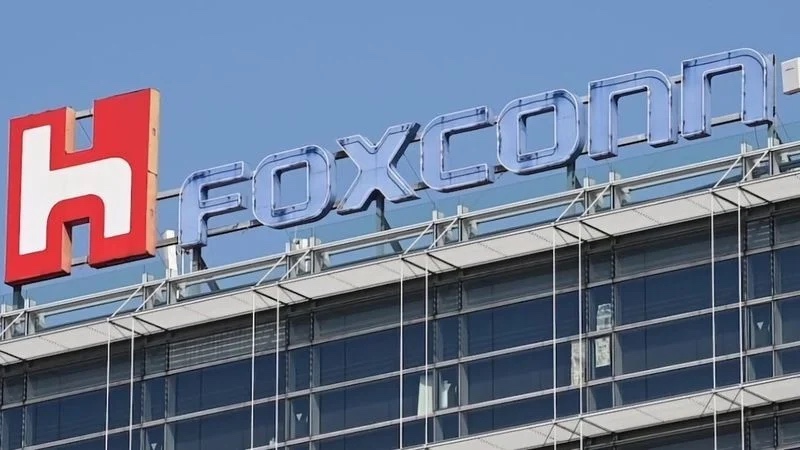iPhone 14 Pro production could end up being a third lower than expected, leading to a shortage that could hit as many as six million units before production recovers to expected levels, says a new report. It is already too late to order either of the Pro models in time for pre-Christmas delivery in many countries.
In early November, Apple announced that COVID-19 restrictions have temporarily impacted the Foxconn iPhone 14 Pro and iPhone 14 Pro Max assembly facility located in Zhengzhou, China. The situation has only gone downhill since then.
Last week, workers rioted at the Foxconn iPhone plant in the Chinese city of Zhengzhou. Hundreds of Foxconn workers marched, clashed with police, and were confronted by people wearing hazmat suits.
Foxconn’s Zhengzhou plant employs approximately 200,000 workers and is Foxconn’s largest iPhone factory. Foxconn assembles 70% of all iPhones sold by Apple. The company has struggled to retain employees, due to China’s restrictive lockdowns required by the country’s zero-COVID policy.
China requires cities to quickly spell COVID outbreaks via extreme restrictions. As COVID has spread in Zhengzhou, Foxconn workers have attempted to return home to avoid being trapped at the plant in the face of more stringent lockdowns.
Workers have also revolted against restrictions at the factory, including the closure of the dine-in cafeteria, and a shortage of supplies.
Apple supplier Foxconn, facing a shortage of workers, initially offered increased daily bonuses to workers, in an attempt to retain enough workers to continue with iPhone assembly.
New workers complained that they had not been paid promised bonuses.
“The new recruits had to work more days to get the bonus they were promised, so they felt cheated,” a worker told CNN.
Meanwhile, a new report today suggests that the iPhone 14 Pro shortfall could hit 6 million units.
Bloomberg reports:
Turmoil at Apple Inc.’s key manufacturing hub of Zhengzhou is likely to result in a production shortfall of close to 6 million iPhone Pro units this year, according to a person familiar with assembly operations.
The issue is underscoring what many say is China’s ineffective management of COVID-19. While local government officials are easing restrictions in areas where the protests are most vocal, the national government continues to insist that there will be no change to its COVID Zero policy, which includes aggressive use of lockdowns, which are currently in effect at thousands of locations.
(Via 9to5Mac)


